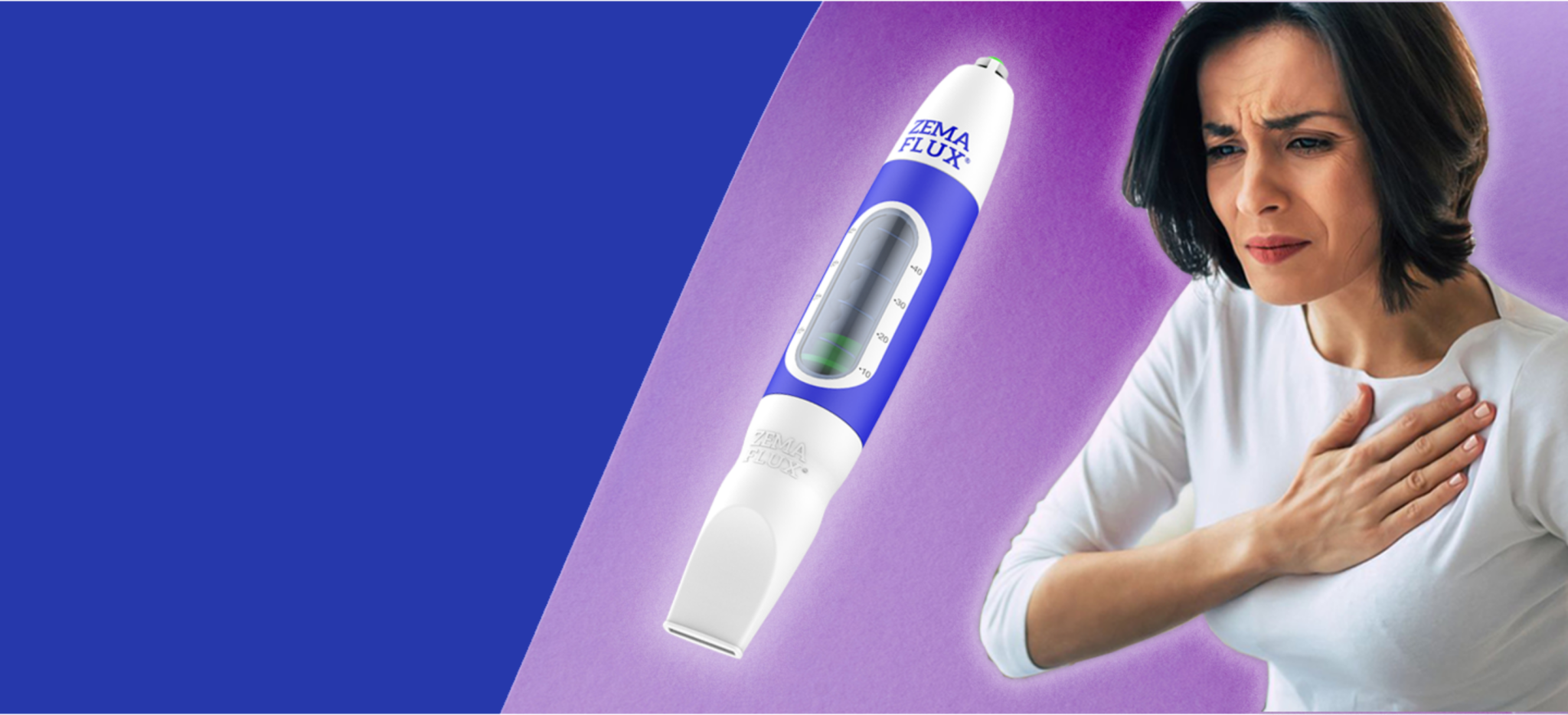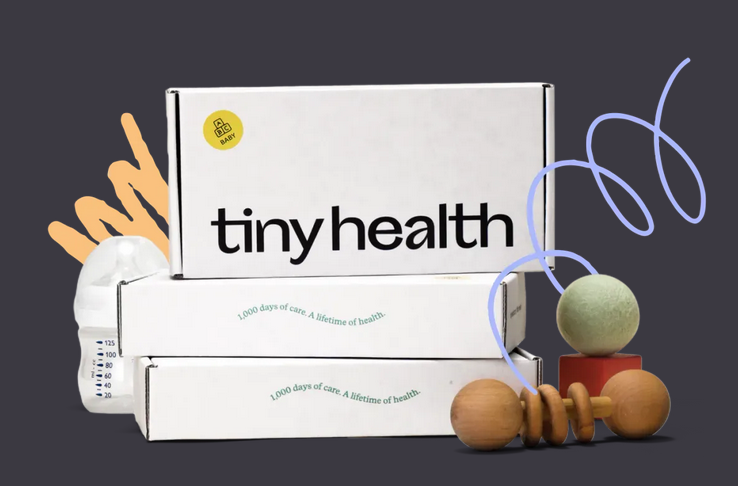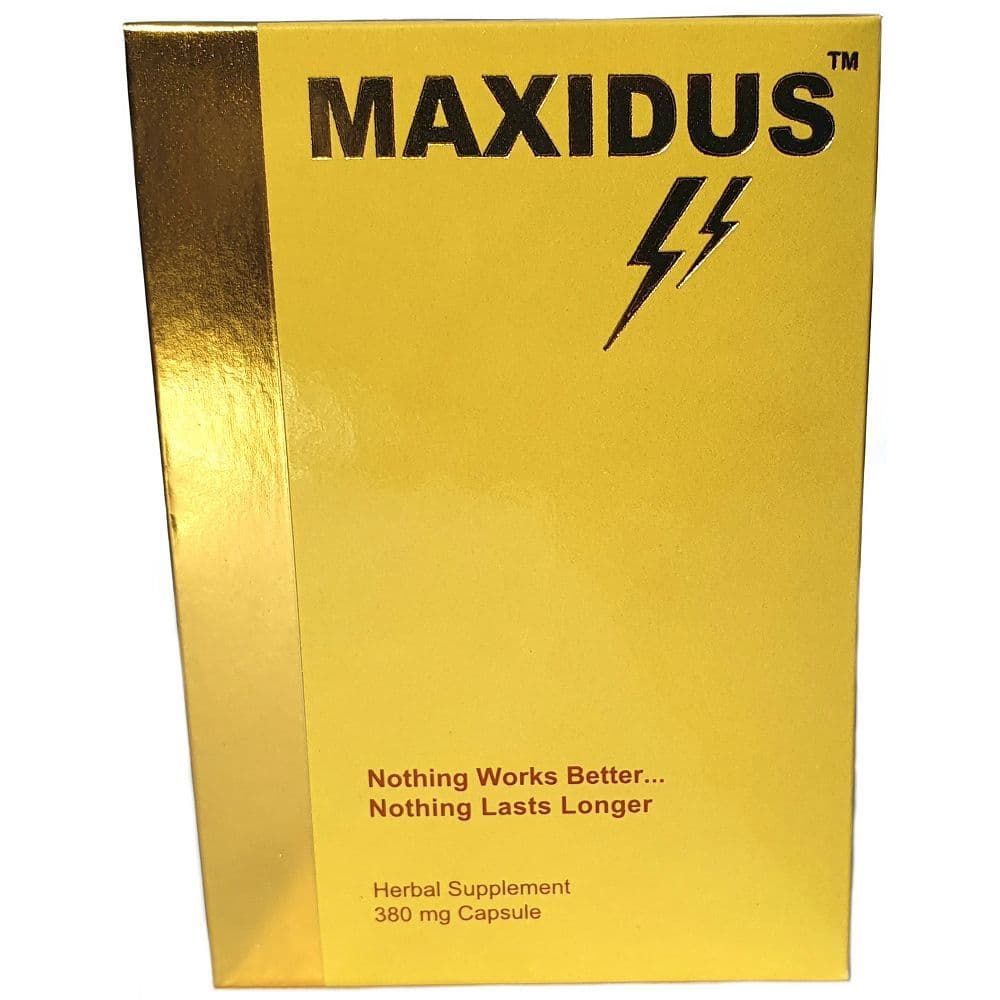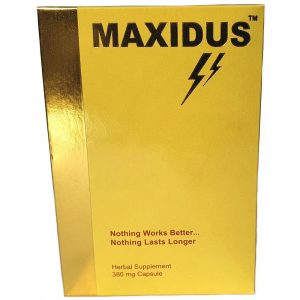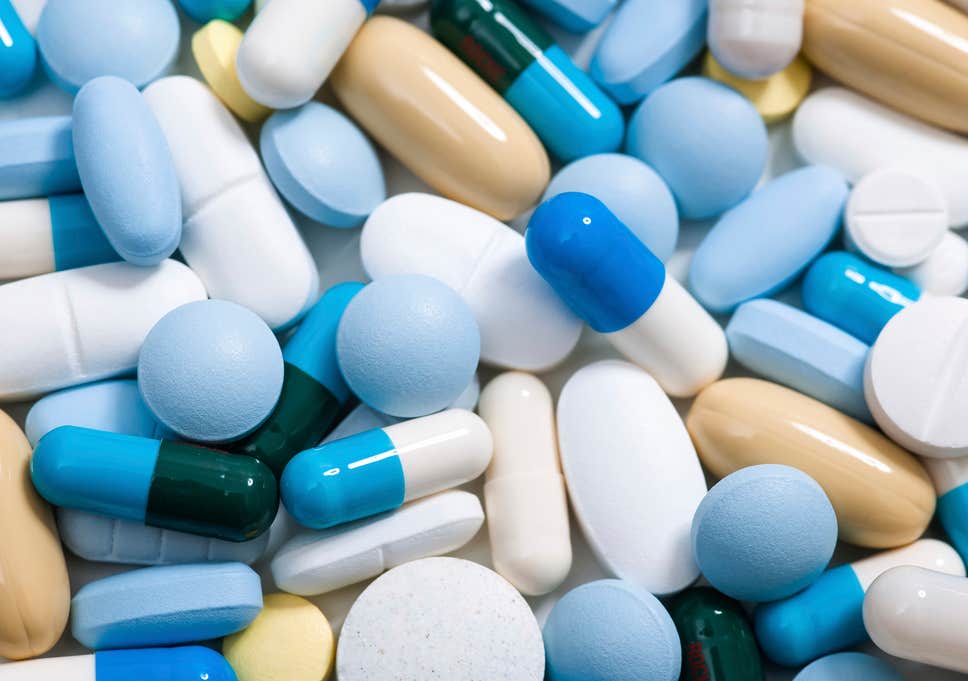
Premium medical pregnancy termination pills online pharmacy Worldwide: Secured data – We assure you that none of your information or any transaction will be exposed to external parties. Read more details on Mifepak.
Managing Pain During Medical Abortion – Effective pain management can significantly improve comfort during a medical abortion. Here are some tips: Pain Medications: Over-the-counter pain relievers like ibuprofen are often recommended. Consult your healthcare provider for guidance on dosage. Heating Pads: Applying a heating pad to the lower abdomen can help relieve cramps. Relaxation Techniques: Deep breathing, meditation, or listening to calming music can reduce stress and ease discomfort. Hydration and Nutrition: Staying hydrated and eating light, nutritious meals can minimize nausea and boost overall well-being.
Steps of the Procedure: Induced labor for pregnancy termination involves several steps. Here is a general overview: Pre-assessment: Before inducing labor, a healthcare provider will conduct a thorough medical history evaluation and physical examination. They will also perform relevant tests, such as blood tests, ultrasound, and possibly an assessment of the gestational age. Preparing the cervix: In most cases, the cervix needs to be softened and dilated before the induction of labor. This can be achieved by using medication, such as Misoprostol or Mifepristone, or by mechanical dilation methods. Medication administration: Once the cervix is prepared, medications such as prostaglandins or synthetic Oxytocin (Pitocin) may be administered. These medications work by stimulating uterine contractions to induce labor.
What happens during a medication abortion? The abortion pill process has several steps and usually includes 2 different medicines: mifepristone and misoprostol. You can also have an abortion using only misoprostol. First, you take mifepristone. This pill stops the pregnancy from growing. Most people don’t feel anything after taking the mifepristone. The second medicine is misoprostol. You’ll either take the misoprostol right away, or up to 48 hours after you take the first pill — your doctor or nurse will let you know how and when to take it. This medicine causes cramping and bleeding that empties your uterus. The pregnancy tissue will come out through your vagina. The process is very similar to an early miscarriage. See additional information on https://panda.healthcare/.
You can get abortion pills from most in-person abortion providers. You can also get abortion pills online using telehealth. Depending on where you live, there may be some legal risk in getting abortion pills online. For free and confidential legal information about getting pills online, contact the Repro Legal Helpline. Plan C also has more information about getting and using abortion pills. Medication abortion is often called the abortion pill, but in reality, it’s not just one pill. And there are multiple ways to use abortion pills to have an abortion. Depending on availability and other factors, you may take two different medications (mifepristone and misoprostol) or only one type of medication (just misoprostol) for a medication abortion.
With a misoprostol-only medication abortion, bleeding will probably start within four hours of taking the first dose. It may be heavy. You may have very strong cramping and pass large blood clots. Some side effects of the medication may include nausea, vomiting, diarrhea, chills, back pain, headache, dizziness, and feeling tired. You may also have a mild fever on the day you take the pills. You may keep feeling nauseated and tired for a couple of days after you pass the pregnancy. The bleeding should get lighter after you pass the pregnancy, but it may continue for four to six weeks. It may stop and start. Any cramping should also get better over time. To help with the cramping and other pain, you can take over-the-counter pain medication, or your health care provider may prescribe a prescription-strength pain medication. Your provider may also prescribe anti-nausea medicine for you to take before you take the first dose of misoprostol.
